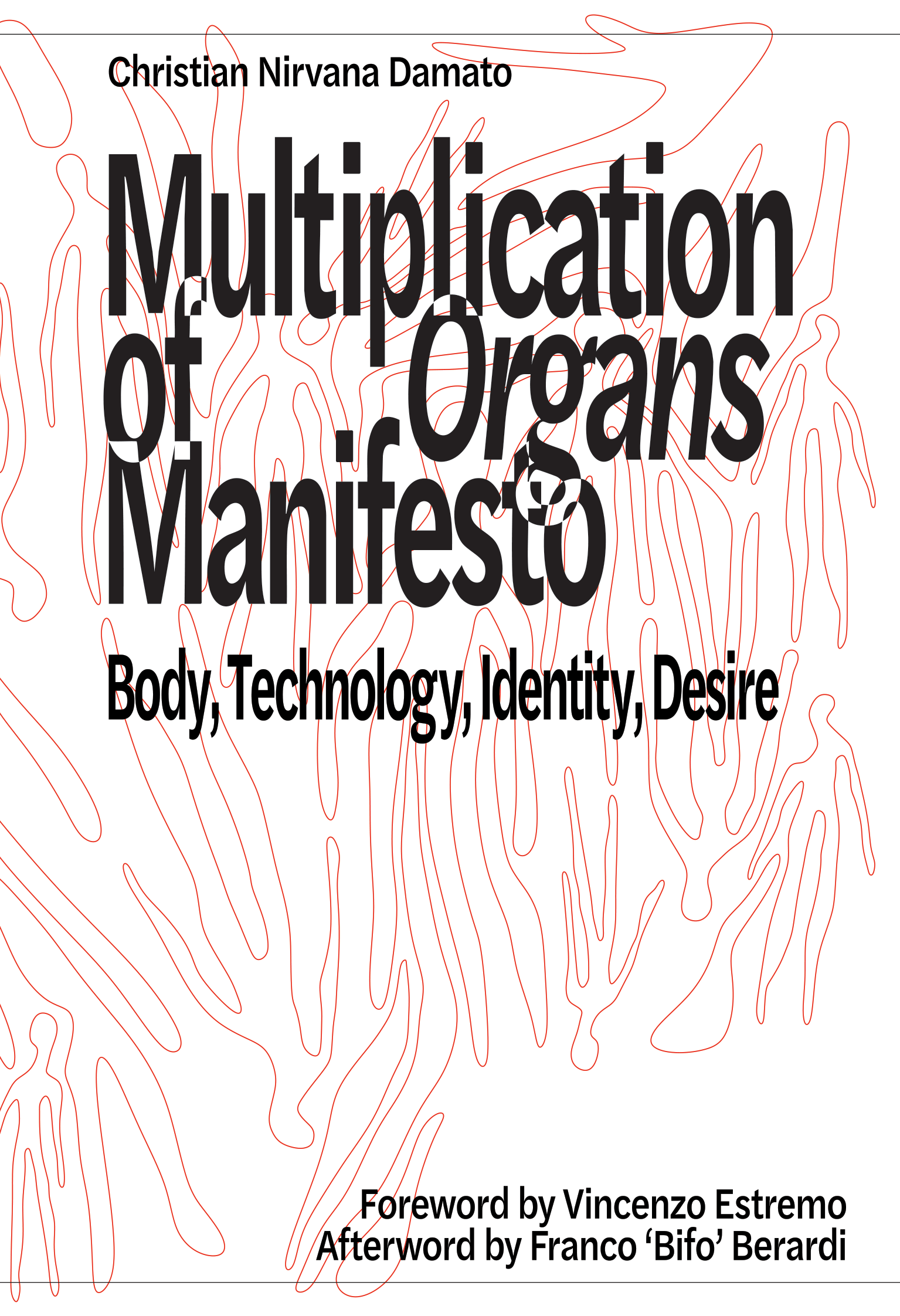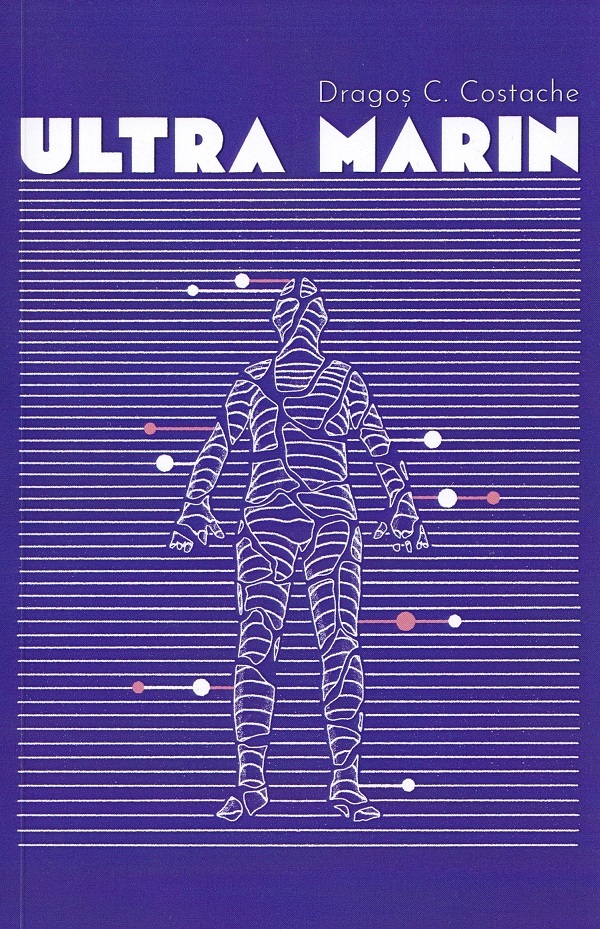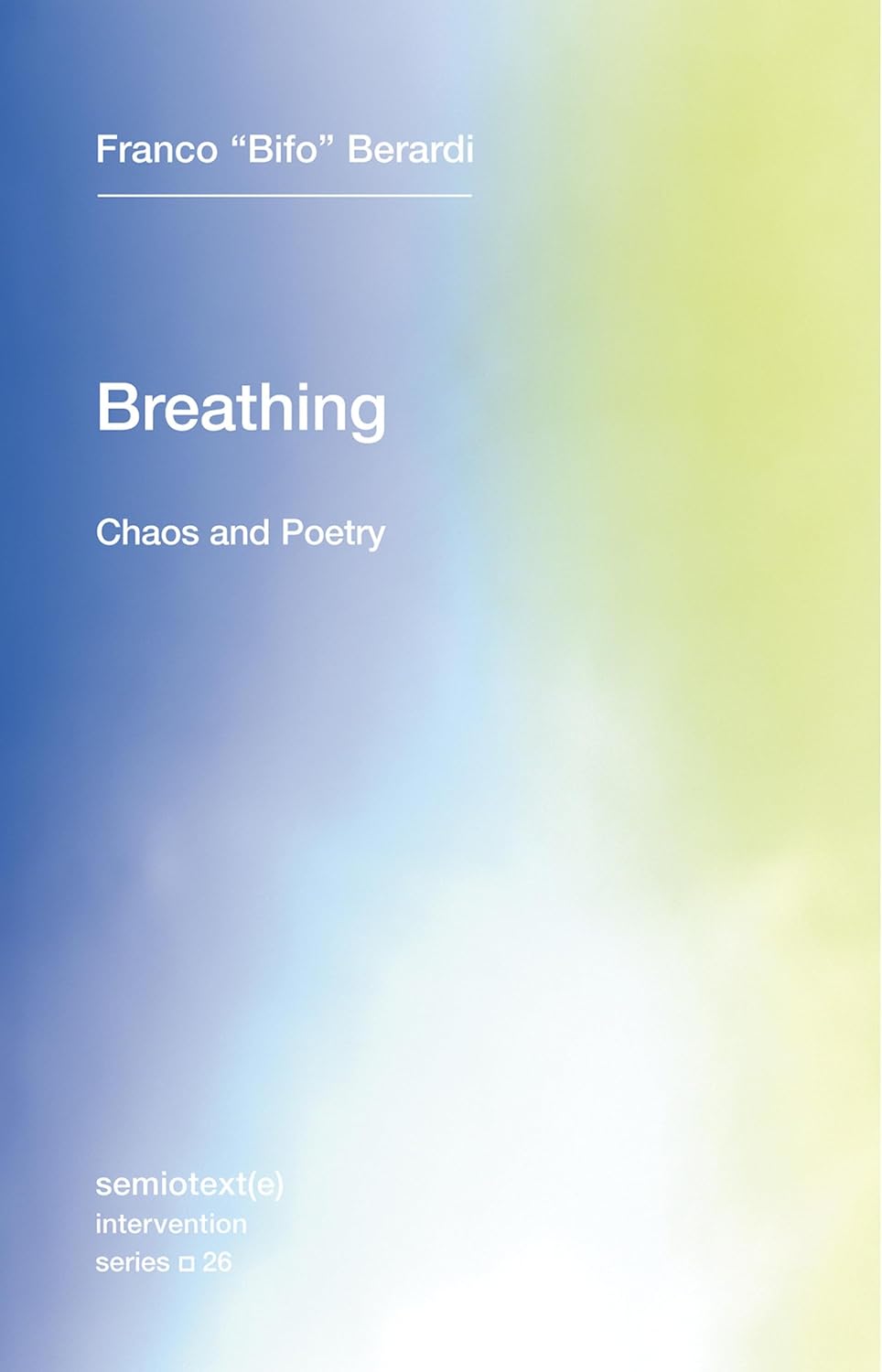Alecs Ștefănescu reviewed The Pleasure of the Text by Roland Barthes
The most tender gossip
3 stars
Barthes writes about "the text" as a universe of writing, reading, acting the text out, critiquing the text, paying homage, and, particularly important, enjoying. A lot of small moments where other texts are being discussed require one to not only have already read them, but also to be aware of some of the critique that surrounds them. A lot of those small moments of delight were unreachable, to me. However, what there is plenty of, what doesn't require context, is Barthes' tender gossip about all the ways in which writing delights, moves, reveals. Becoming enmeshed with textual production and consumption brings one in full contact with the full spectrum of politics, from the most demagogical to the most direct representation of will.
All in all, a dense and pleasurable read.
Barthes writes about "the text" as a universe of writing, reading, acting the text out, critiquing the text, paying homage, and, particularly important, enjoying. A lot of small moments where other texts are being discussed require one to not only have already read them, but also to be aware of some of the critique that surrounds them. A lot of those small moments of delight were unreachable, to me. However, what there is plenty of, what doesn't require context, is Barthes' tender gossip about all the ways in which writing delights, moves, reveals. Becoming enmeshed with textual production and consumption brings one in full contact with the full spectrum of politics, from the most demagogical to the most direct representation of will.
All in all, a dense and pleasurable read.











